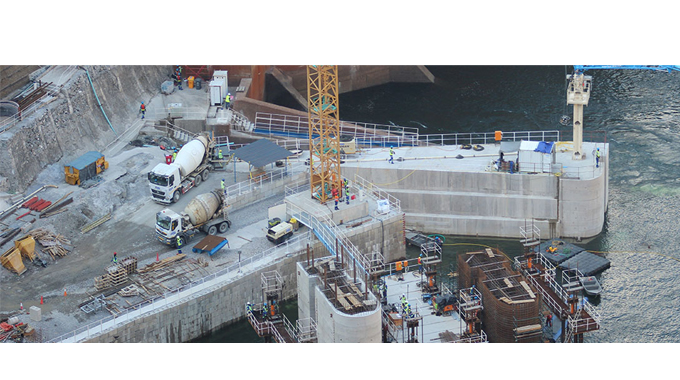World Bank commends Zimbabwe’s human capital, digital strides

Prosper Ndlovu recently in Victoria Falls
THE World Bank Group has applauded Zimbabwe’s human capital development strides and adoption of digital strategies to transform the economy. In line with the country’s National Development Strategy (NDS1), which builds momentum towards attainment of an upper middle-income economy vision by 2030, Zimbabwe has mainstreamed digital transformation and skilled manpower development as top priorities.
This has seen the Government, through the Ministries of ICTs and Higher and Tertiary Education, Science, Innovation and Technology Development, establishing innovation hubs and modern information centres across the country. The move has already started bearing fruit through innovative industrialisation input at colleges and universities, which feeds into modernising the economy while improving provision of basic public services and critical information sharing for key sectors.

World Bank
In a presentation on boosting productivity during the Zimbabwe Economic Development Conference (Zedcon), which ended in Victoria Falls on Friday, World Bank country director, Ms Marjorie Mpundu, urged the country to capitalise on these strides to further grow the economy and improve on areas where it is lagging behind.
“Zimbabwe has a well-educated and skilled labour when compared to its peers in the sub-Saharan Africa region. You have done very well on skilled labour and digital skills,” she said.
Ms Mpundu urged the country to further scale up its strategies to develop a vibrant “future labour force” saying these attributes must translate into improved domestic productivity and jobs.
“Achievement of Vision 2030 will be possible only with significant improvement in productivity levels. Zimbabwe faces productivity challenges and should double its efforts.”
Late last year, the World Bank in partnership with the Government, launched the new Zimbabwe Digital Economy Diagnostic report showcasing how digital transformation is a key enabler of long-term resilient growth in Zimbabwe. It noted how Zimbabwe’s digital financial services, in particular, form the strongest foundation for further development of the digital economy in the country. The country has a relatively well-developed digital payment system, where 96 percent of all transactions in the country’s formal sector are conducted through digital means and only four are cash-based, and the Government uses digital money almost exclusively.
Citing progress in doing business reforms, Ms Mpundu said Zimbabwe now needs to double efforts towards boosting production and trade to keep pace with other regional economies and raised, in particular, the need to channel more resources towards the manufacturing sector to diversify the economy and reap more earnings.
“Formalised firms are few, which could mean that entry into formal manufacturing has become less attractive. Indeed, Zimbabwe has taken steps to ease doing business but regulatory approvals for start-ups remain burdensome,” she said.
“Informality is a significant drag on productivity and competition from informal sector affect Zimbabwe’s total productivity.”
The World Bank recently affirmed Zimbabwe’s economic growth prospects for 2022 at 3,7 percent, slightly lower than Government’s revised 4.6 percent projected growth from the initial 5.5 percent.
This comes on the back of expected reduced agriculture output due to adverse weather conditions.
The World Bank has said that Zimbabwe needs strategic support to drive robust economic recovery, pledging to continue supporting the country’s efforts towards poverty alleviation with a focus on post-Covid-19 growth.

Kariba Dam Rehabilitation Project. Image taken from Zambezi river authority
The global finance institution is administering the Zimbabwe Reconstruction Fund (ZIMREF) that was established in 2014 to strengthen the country’s systems for reconstruction and development. The programme has multi-sectoral projects that support the business environment, gender, education, public financial management, climate change, State-owned enterprises and poverty monitoring.
The US$150 million World Bank country portfolio also includes the Zimbabwe Idai Recovery Project, the Health Sector Development Project and the Kariba Dam Rehabilitation Project.










Comments